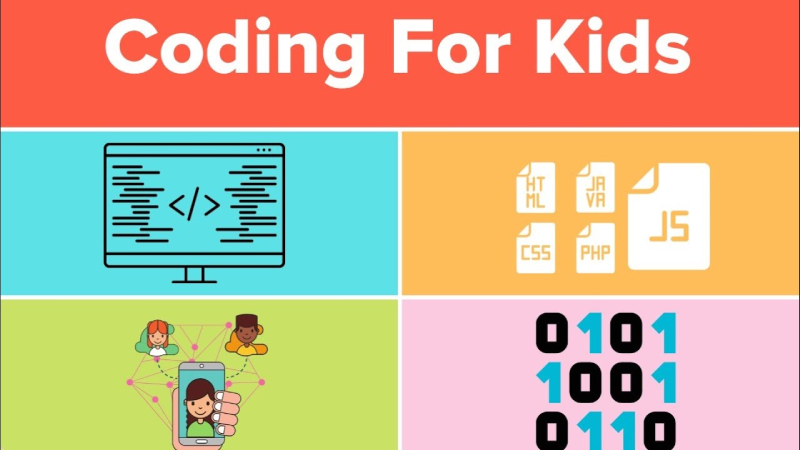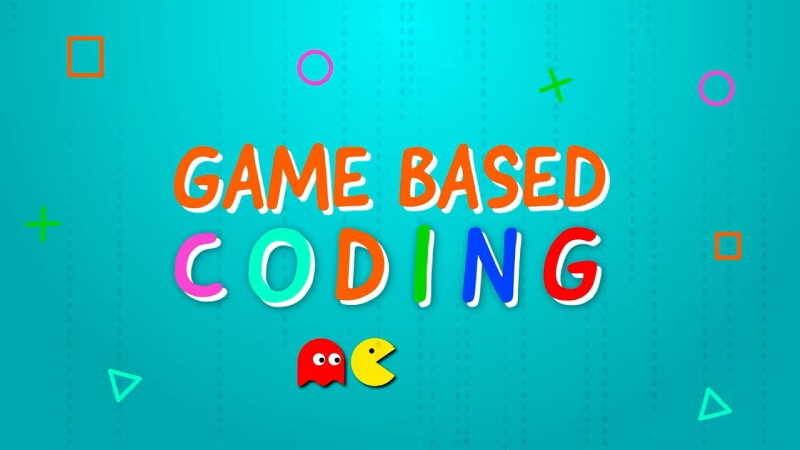Why Coding for Kids in Kenya Matters for Kenyan Children
Technology shapes the modern world. In Kenya, introducing coding to kids opens endless opportunities. It develops critical thinking, creativity, and problem-solving skills early in life. Children become not just users of technology but creators.
Growing Demand for Tech Skills in Kenya
Kenya’s tech scene is booming. From Nairobi’s Silicon Savannah to rural tech hubs, coding is in demand. As the digital economy grows, children with coding knowledge are better prepared for future careers. Parents and educators now understand the value of tech education from an early age.
Best Age to Start Coding
Kids can start coding as early as 5 years old. Simple platforms like Scratch, Code.org, and Tynker are perfect for beginners. These tools use visual blocks and interactive stories to teach logic. As children grow, they can move to real programming languages like Python and JavaScript.
Coding Builds Future Entrepreneurs
Many children in Kenya dream of building apps or games. With coding skills, these dreams become achievable. By learning to code, kids gain the tools to create digital solutions for real-life problems. This mindset fosters entrepreneurship and innovation in young minds.
Affordable Coding Platforms and Programs
In Kenya, several initiatives provide affordable or free coding classes. Some of the best platforms include:
- CodeHack Kenya – Offers boot camps and weekend programs.
- KidsComp Camp – Brings coding to rural schools and communities.
- Africa Code Week – Encourages schools to integrate coding in their curriculum.
These platforms ensure that every child, regardless of background, gets access to tech skills.


Schools Embracing Digital Learning
More Kenyan schools now include ICT in their syllabus. Some have even launched dedicated coding clubs. Through these programs, kids learn teamwork, logic, and digital literacy. Private and international schools often lead in this shift, but public schools are catching up.
Benefits Beyond Computers
Coding isn’t just about writing code. It teaches resilience. Kids learn to fail, fix errors, and try again. This boosts confidence and patience. It also improves academic performance in maths, science, and language.
Parents’ Role in Supporting Young Coders
Parental support makes a huge difference. Encouraging kids to play educational coding games or enrolling them in online classes can spark interest. Even without a tech background, parents can motivate and guide their children on this exciting journey.
Challenges in Expanding Coding Education
Access to computers and the internet remains a barrier. In rural areas, this limits opportunities. However, mobile-based learning and offline platforms are bridging the gap. Government and NGO support is key to expanding reach.
The Future is Now
Kenya’s young population is its biggest asset. Teaching kids to code prepares them for the global digital economy. With the right support, they can become software engineers, game developers, and tech leaders of tomorrow.
Conclusion: Investing in the Next Generation
Empowering kids in Kenya with coding skills transforms lives. It fuels dreams, builds confidence, and opens doors. Let’s invest in their future—one line of code at a time.
